“Banned” is typically defined as something prohibited or illegal. When you think of something that is banned, the first things that comes to mind is relate to acts of violence such as larceny, assault, or murder, or banned substances. But what about books?
There are thousands of books that have been banned throughout history, and although those who ban books think they have good intentions, but is it necessary?
Recently in my English class, Mr. Clements started preparing us to read the book Clap When You Land. He provided us with a slide presentation that gave some background on the true event that the story is based on: the crash of American Airlines flight AA587 which flew from New York City the Dominican Republic in 2001, only two months after 9/11.
As the plane headed to the Dominican Republic it crashed tragically, killing all 260 people on the plane and 5 people on the ground.
This tragedy is portrayed through two teenage girls who live worlds apart but discover an unexpected connection through the crash of flight 587. Written by Elizabeth Acevedo, this novel sheds light on this event that, unfortunately, didn’t get the attention that it deserved.
After introducing the background of the story and pointing out literary elements to look for, Mr. Clements gave us what is called a “TW,” or a trigger warning. He told us that some of the content of the book included an LGBTQ relationship, toxic masculinity, and sexually explicit content.
After presenting this warning, Mr. Clements went silent and said something that caused me to wonder what the purpose of a trigger warning is and why some books are considered so offensive that they are banned. He pointed out how interesting it was that he felt it necessary to warn us about this book but not the violence we encounter in other books like Things Fall Apart by Chinua Achebe, which contained offensive language, oppression, abuse, and violence.
Through this article, I’m most certainly not trying to diminish the reputation of these novels or denounce the books in any way. Rather, we should be more aware of why some people find books so objectionable that they are banned, and Clap When You Land has had its share of online debate and has been banned in Pennsylvania.
So what exactly is deemed as too inappropriate for young adults to read and why must do some people feel these books should be banned? Things Fall Apart was banned by several school districts in Texas as well as Malaysia, but it was banned for having a critical portrayal of colonialism, not for its violence. Does the fact that it was banned for political beliefs and not violence suggest that political viewpoints are more offensive to some than the inclusion of violence? Should a book really be banned for this its political position?
The aforementioned online debate for Clap When You Land informed me that Acevedo had other books that were banned as well for containing similar sexually explicit content.
In Clap When You Land, there is a sexual assault scene, which parents may not want their kids reading about. Furthermore, in our modern society it is common that many young girls and boys experience sexual assault and reading this book could potentially trigger their own past traumatic experience.
Although the sexual assault scene is not overly graphic, it should still have a trigger warning to prepare people reading it who may have experienced sexual assault. Reviews of the book online provide trigger warnings, so since the book warns the reader of the content, it shouldn’t be a banned book for including it.
Trigger warnings should be provided for both of these books. Just as many people face sexual assault in our modern society, as those who face violence and discrimination, both of which are depicted in Things Fall Apart.
However, there is a difference between content warnings and trigger warnings; trigger warnings, help readers be aware of scenes that could possibly trigger trauma for them, such as sexual assault scenes. Content warnings, on the other hand, warn the reader that controversial content is included, such as the LGTBQ relationship.
Speaking of LGTBQ content, a common theme among Acevedo’s works, books are created to express anyone and everyone’s’ ideas, interests, and opinions. Although the inclusion of LGTBQ content was not the listed reason for the banning of Clap When You Land, it’s still important to recognize that LGTBQ content, and should be allowed and written about by anyone. Anyone and everyone has the freedom to express their ideas and opinions in our country.
It is true that there are many books out there that could be considered graphic or violent or inappropriate, but this is a problem that can be easily solved: don’t read the book. There is no need to ban someone’s book which they have spent possibly years of their life creating.
Books are incredible things, they’re nuanced and complicated, just like every single person reading them. Can the ideas of a book really be banned? Can anyone put a limit on imagination?


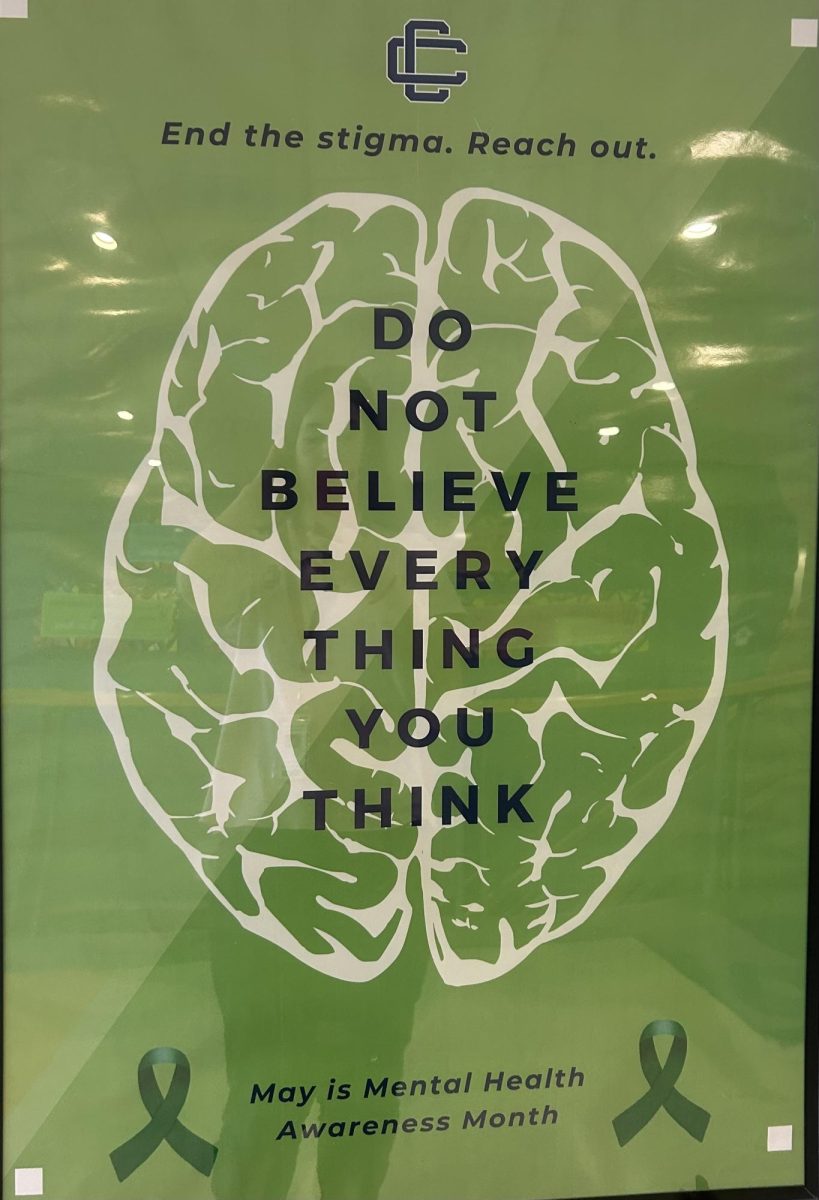


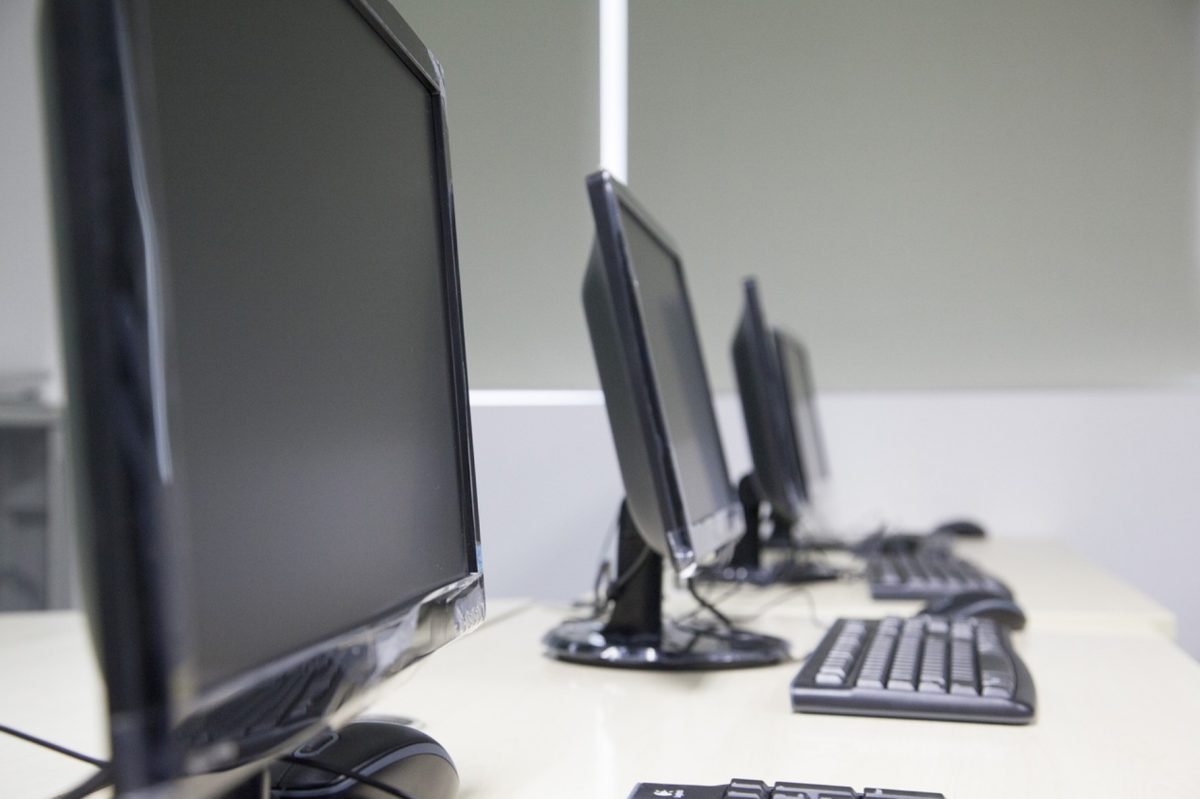

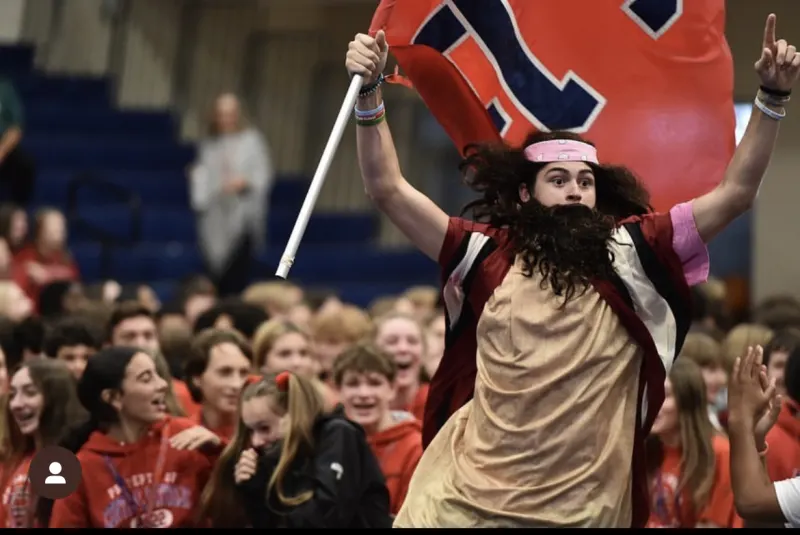
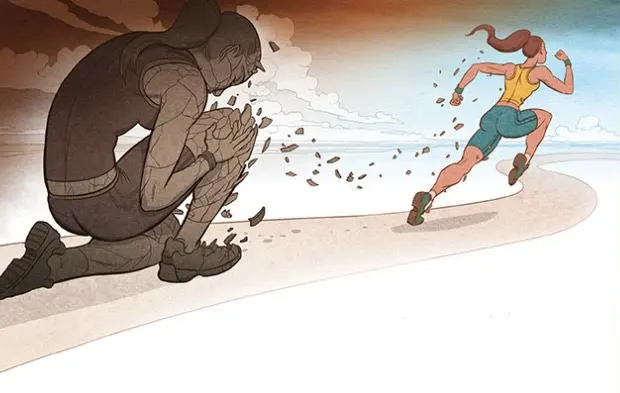
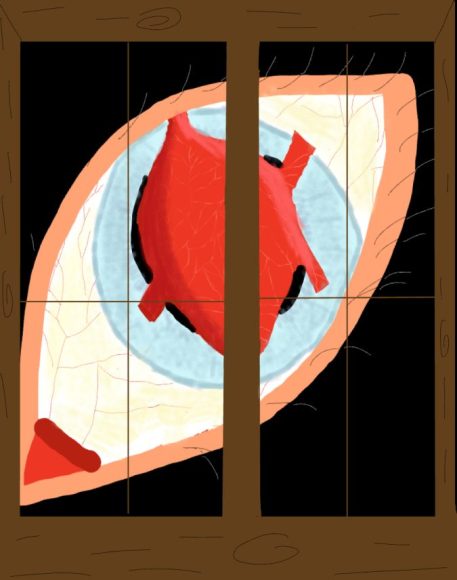
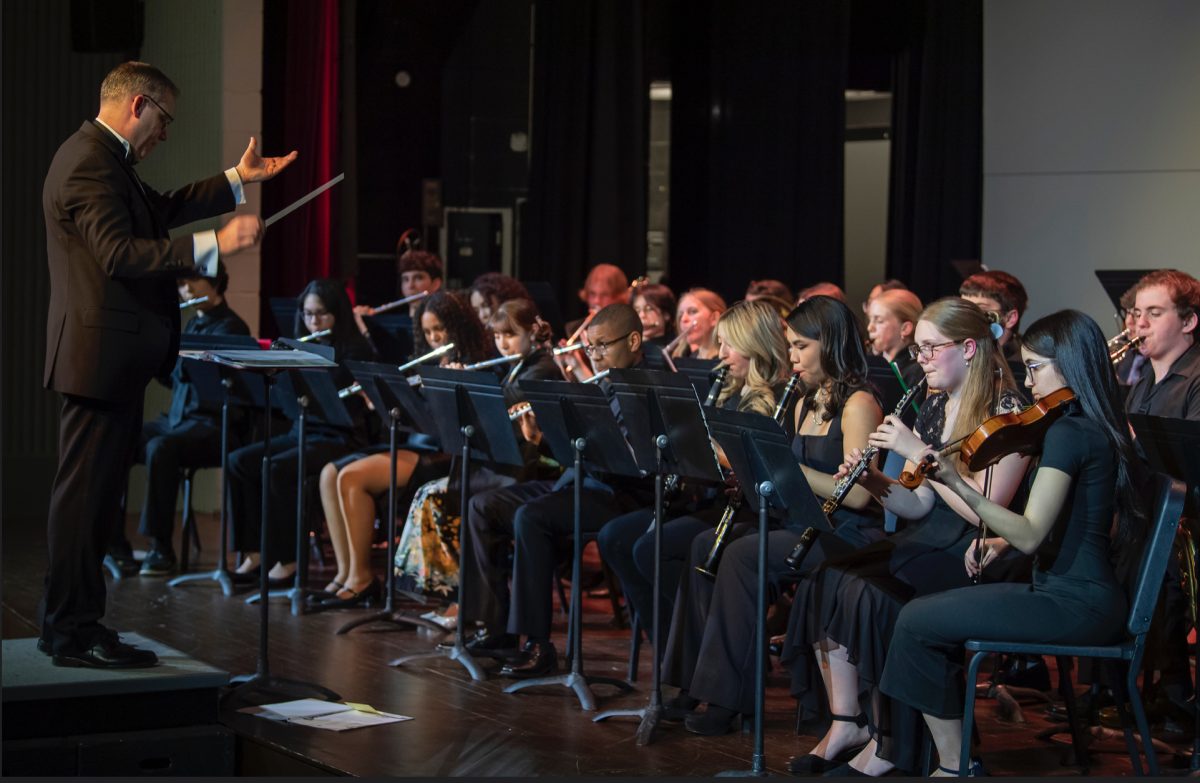
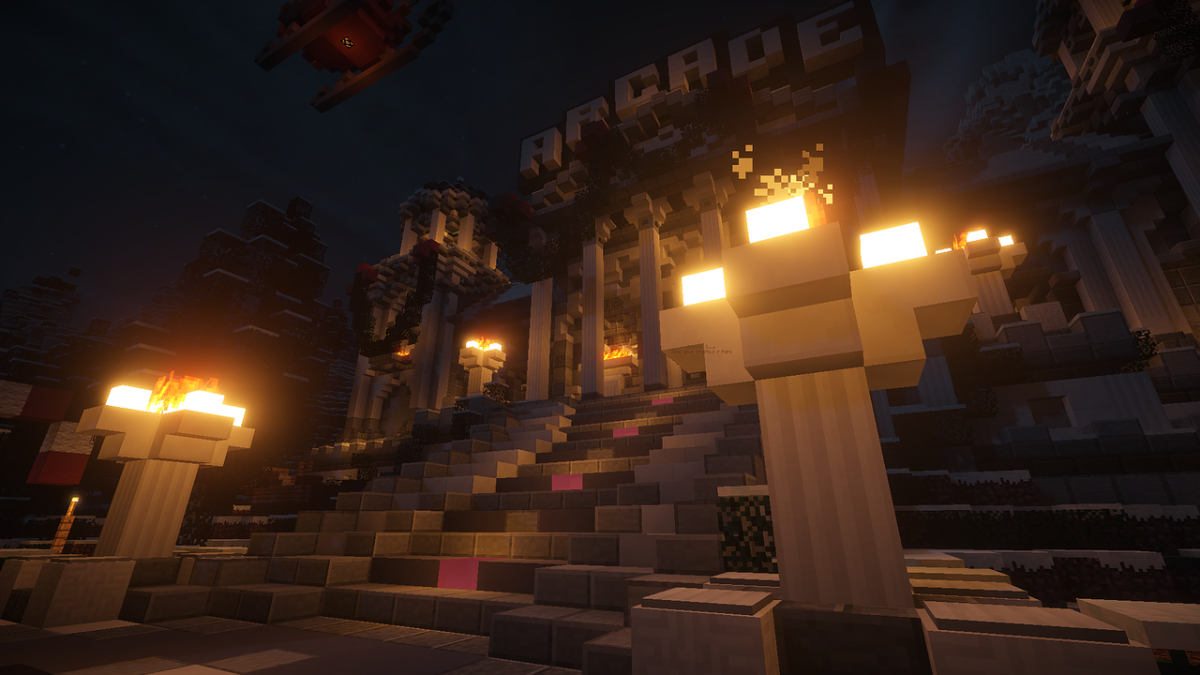
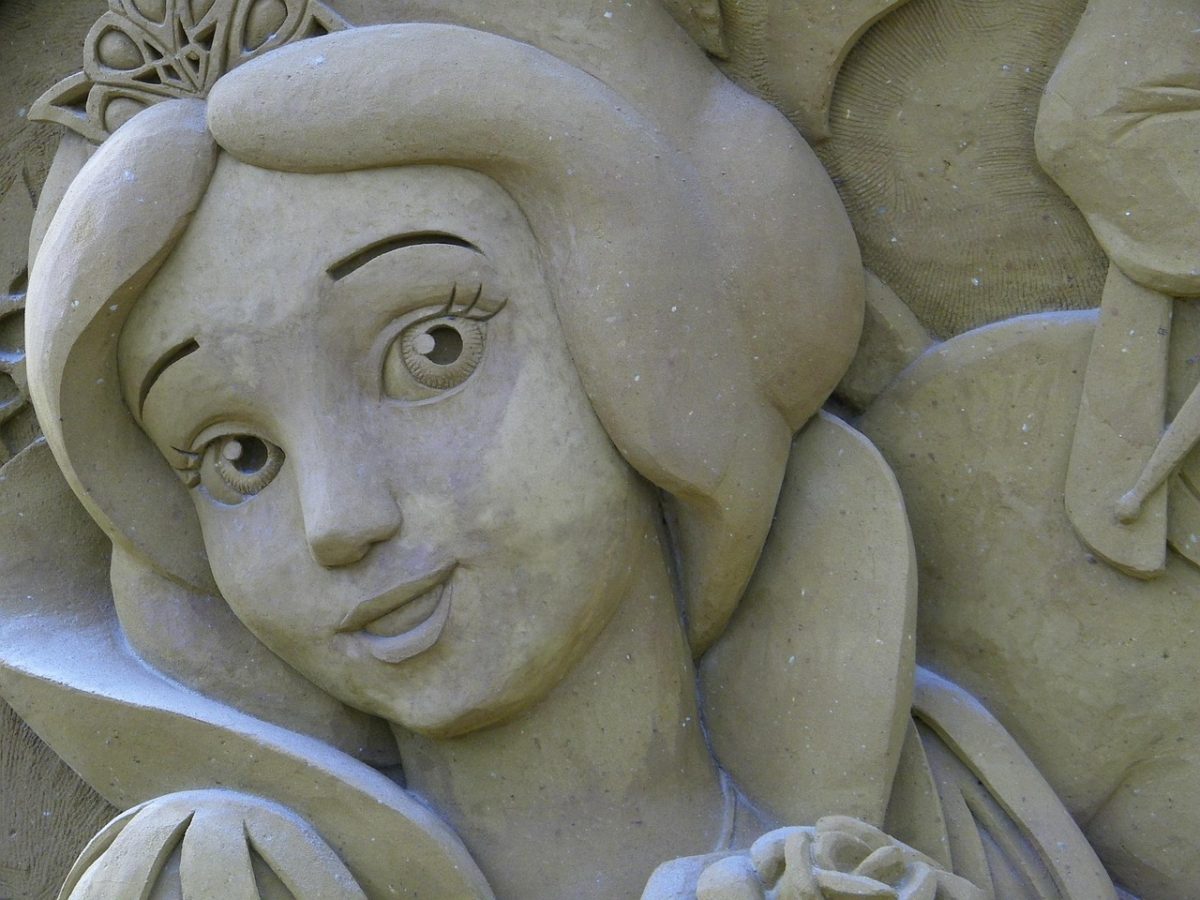
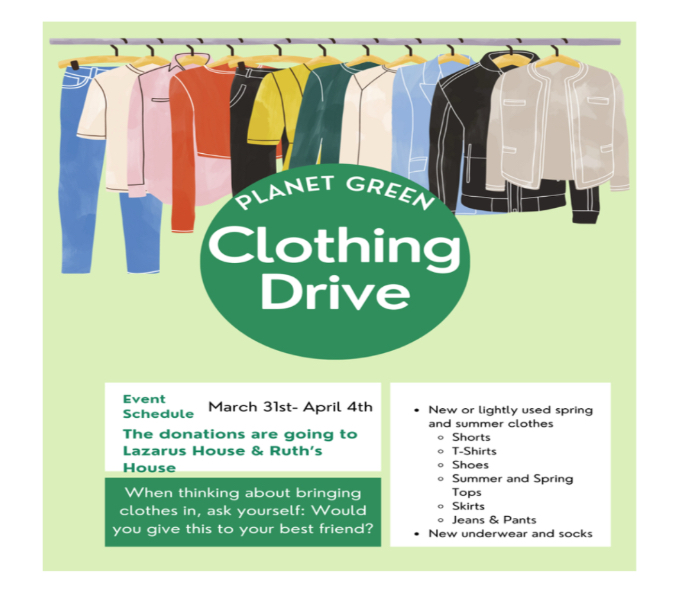



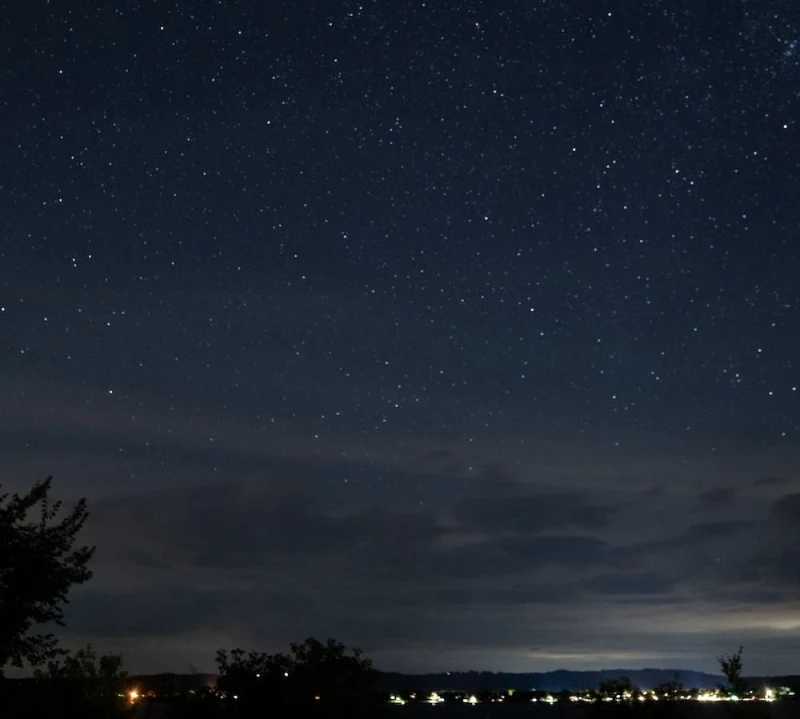


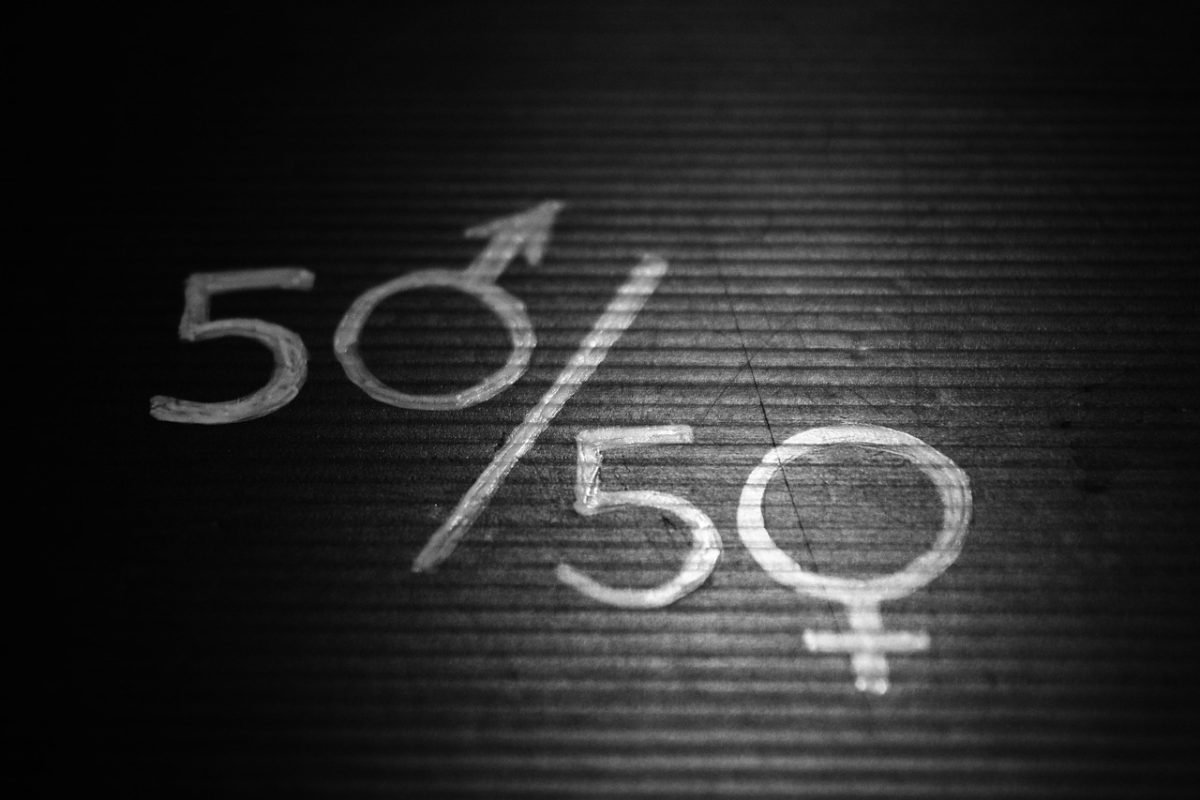



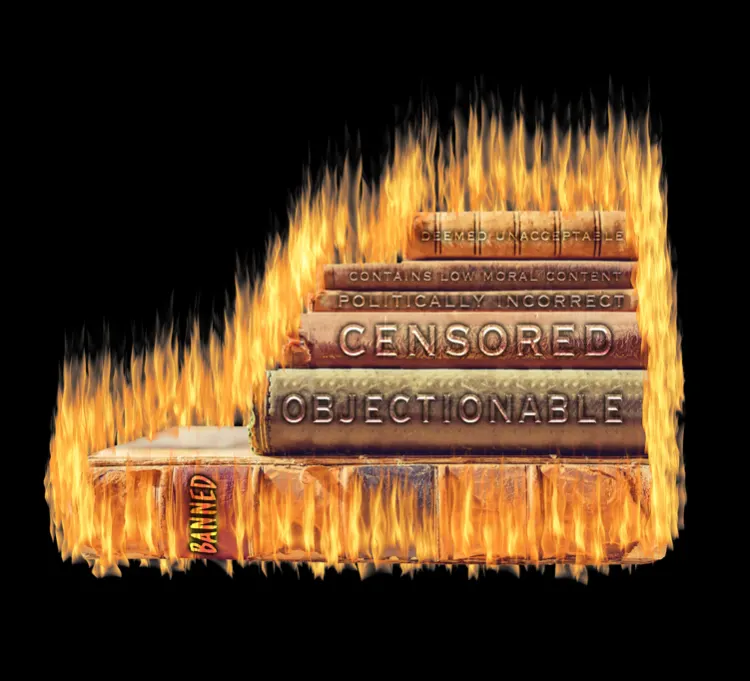
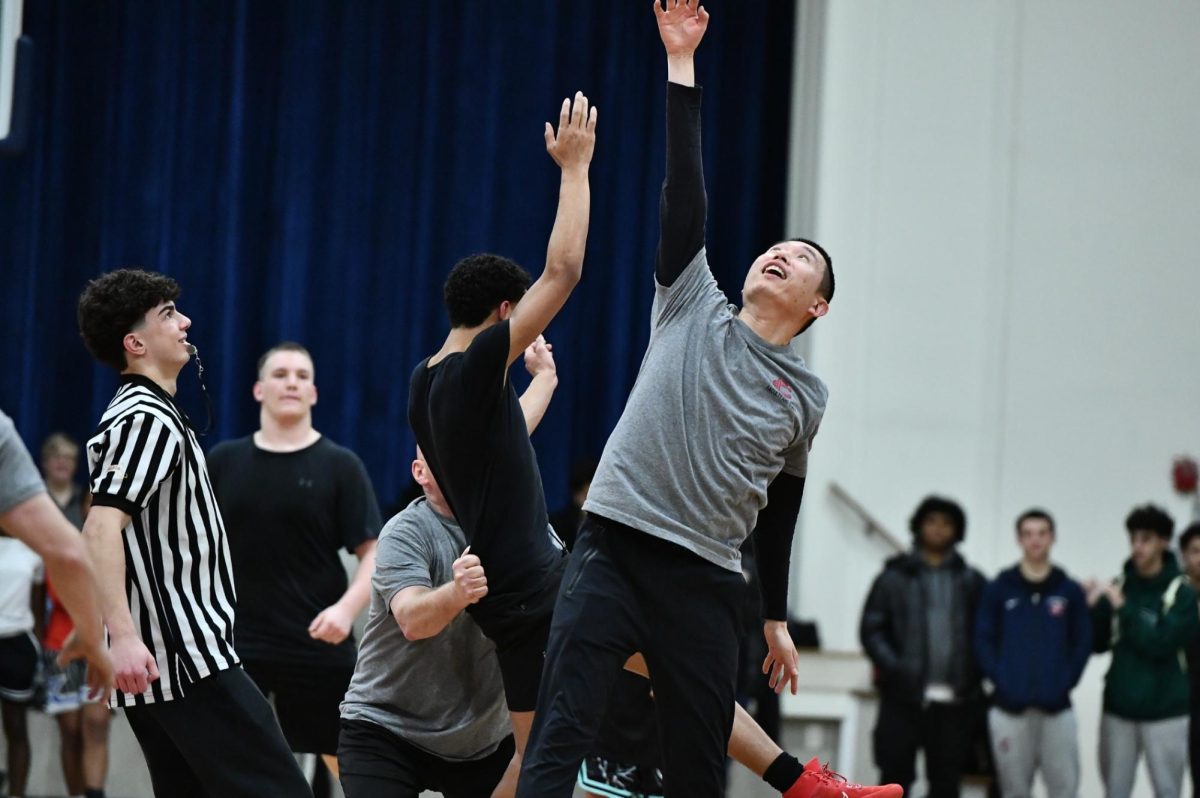

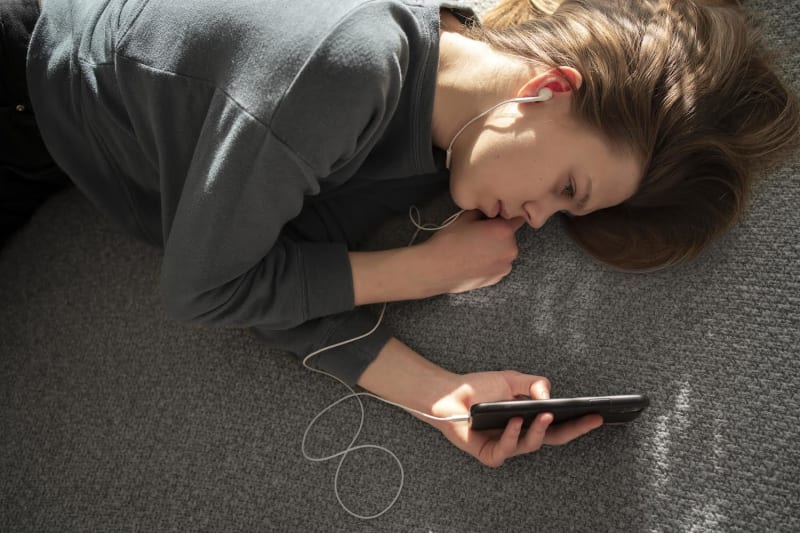
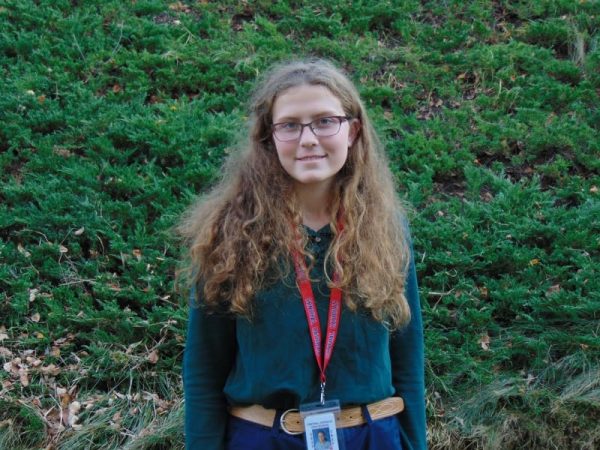
Dalainey Caceres • Jun 5, 2024 at 10:59 am
I loved the way you talked about this problem. I’ve been thinking the same way about certain books such as “1984” by George Orwell. In the 8th grade i watched “Animal Farm” and that really changed my perspective on how the world works now. “1984” really describes the world we are in now with the injustices going around. And like you said; there’s no reason to ban books. Some people can choose to not read it.
The government does not understand how important it is to have people be informed. Whether that be with the news, radio, and including books. I think the government chooses to have their people stay ignorant so that they stay in power. They take away our laws that we are supposed abide by.
Maddox • Jun 2, 2024 at 6:06 pm
Lucy, I too have often found myself pondering about the idea of banned books. To me, it’s interesting that books aren’t banned so much for what they say, rather the ideas and principles behind them. I was not a fan of clap when you land, and In the sense that a “trigger warning” is required before a harsh or graphic scene I could agree more with you. I think it was great how you tied in books you have read for school in your report.